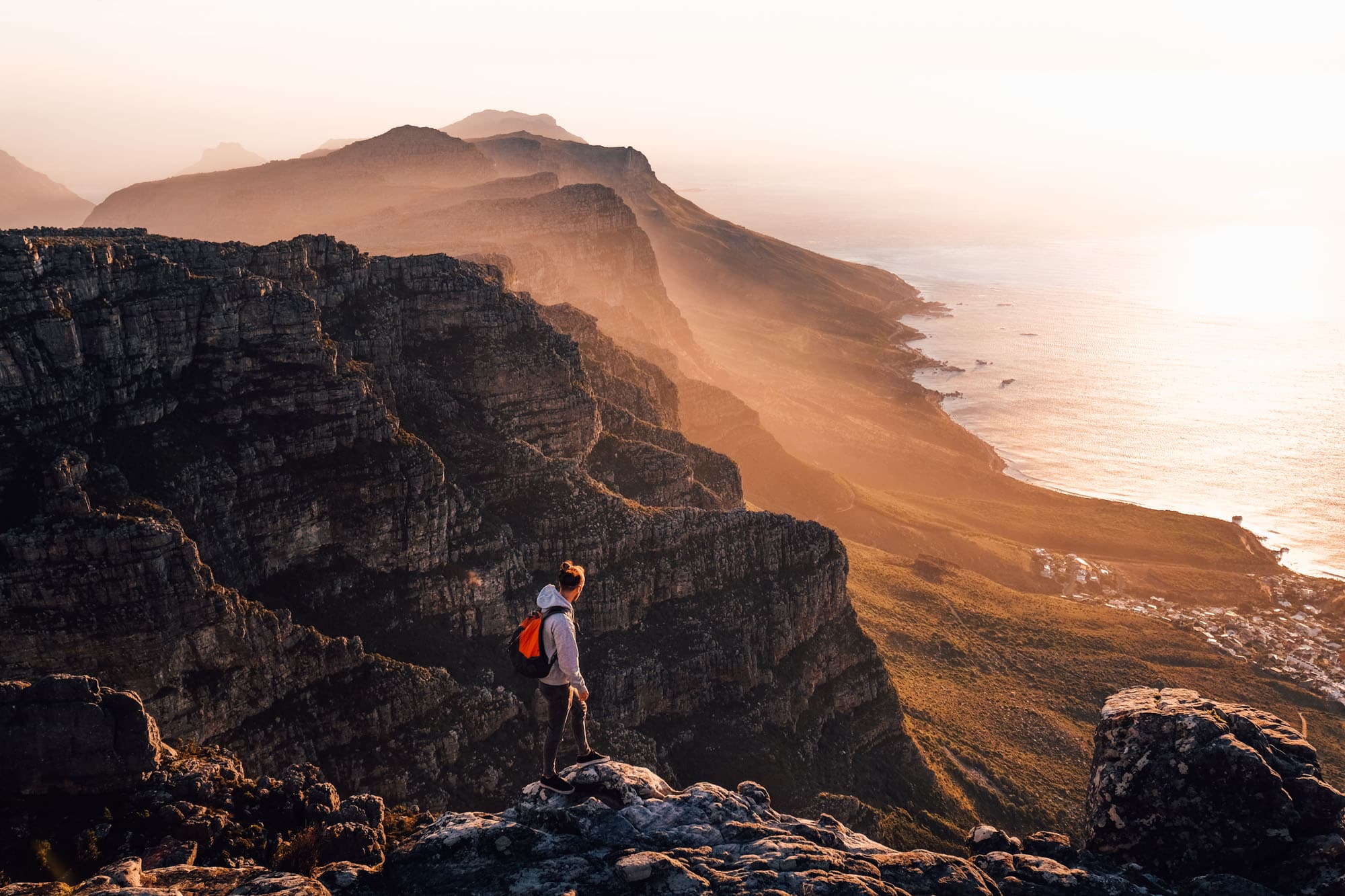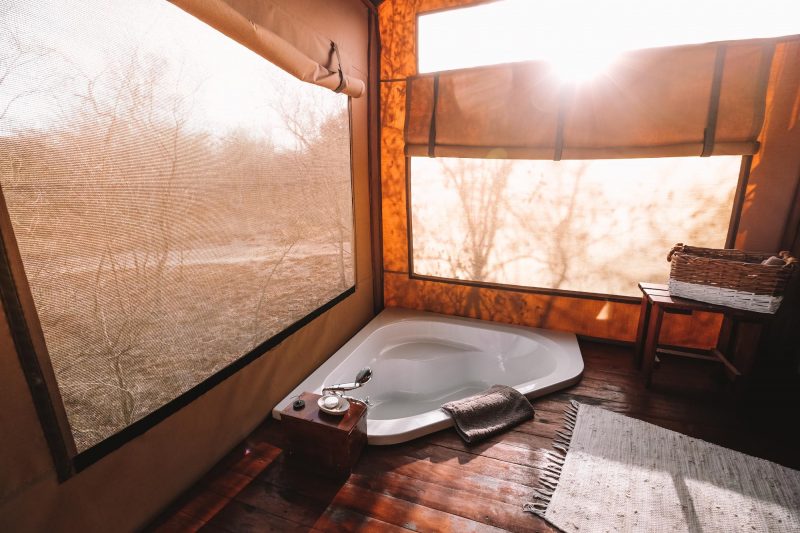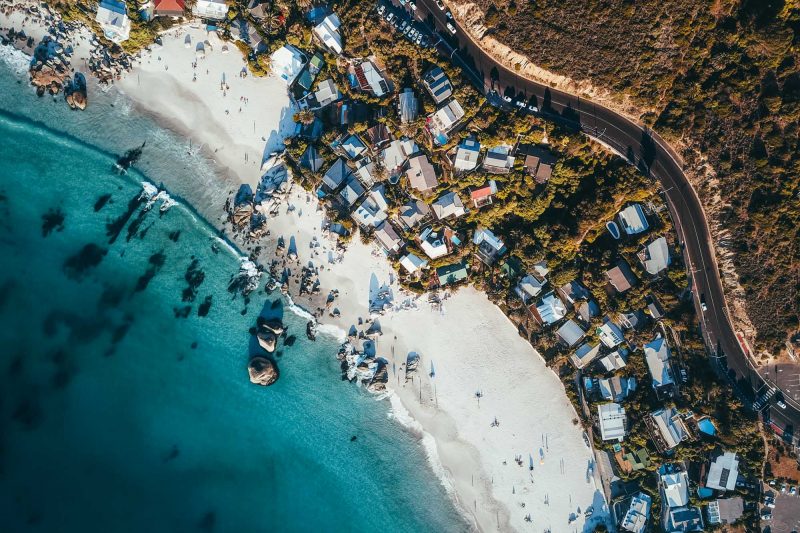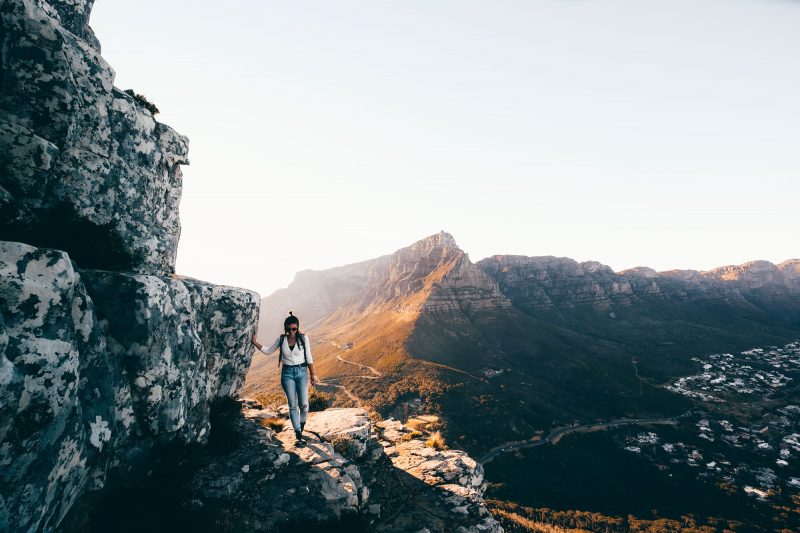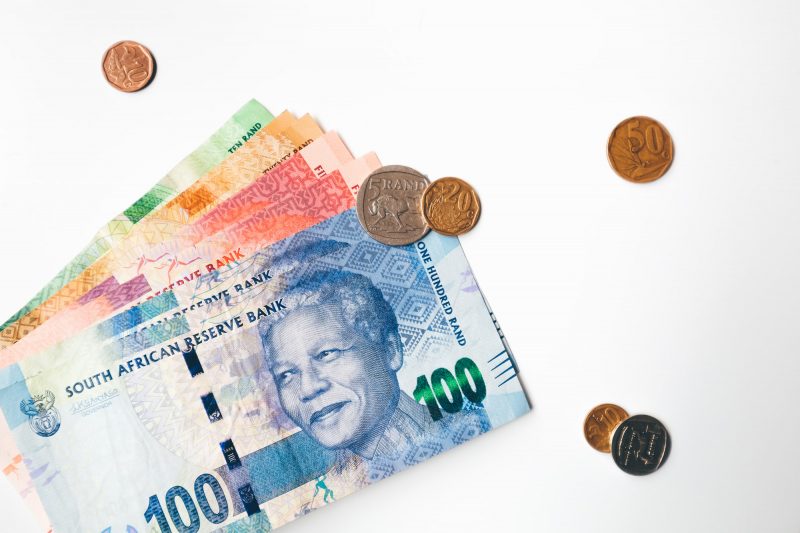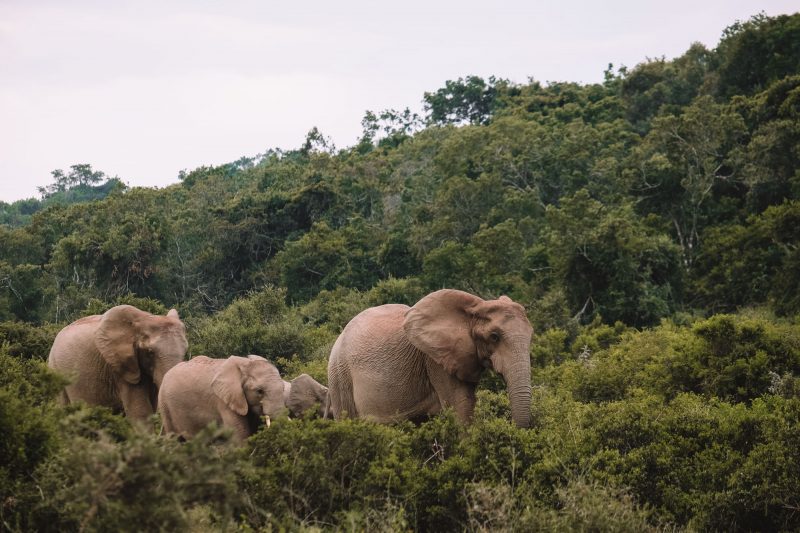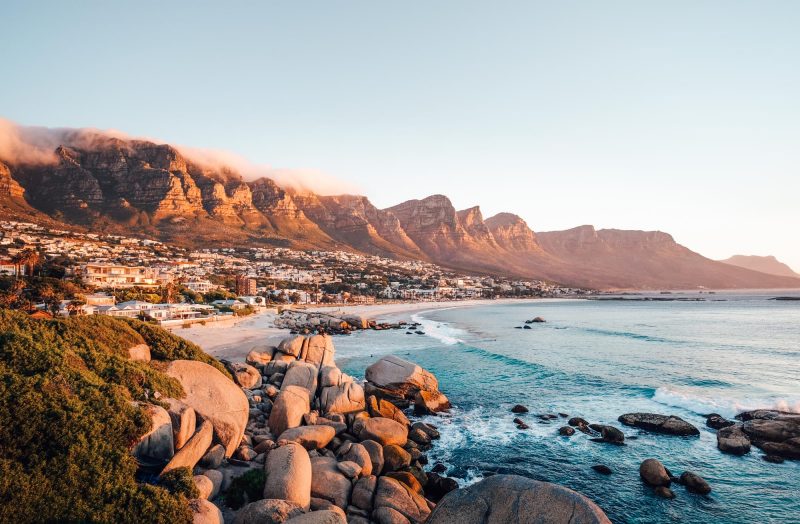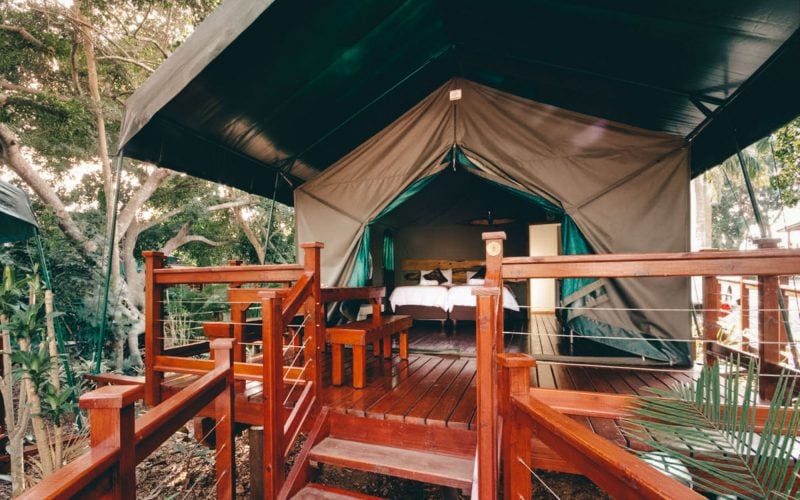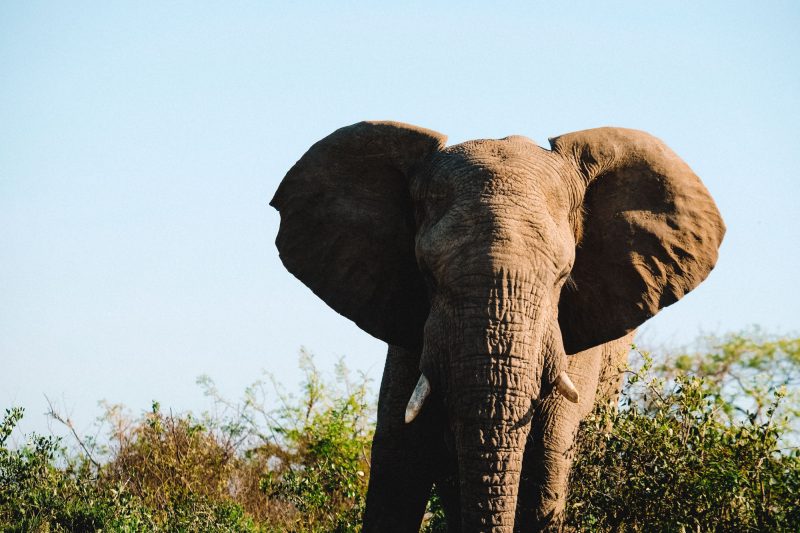If you’re planning a trip to South Africa and are looking for practical tips, we have compiled the most important things for you to know. This way, you’ll be well-prepared for your journey and hopefully avoid any unpleasant surprises. Did you know that your universal plug adapters won’t work in South Africa or that winters can be quite cold? It’s useful information to have before hopping on the plane!
#1 Your universal plug adapter won’t fit in South Africa
If you frequently travel abroad, you probably have a few universal plug adapters lying around at home. It’s a good idea to purchase a South African plug adapter on your first day of the trip. You can find them in almost any store, and they cost around $1. While many hotels may provide them for you, it’s still handy to have 1 or 2 adapters with you in case your hotel hasn’t taken that into account.

#2 Greetings in South Africa are like this
Whether you’re at the checkout counter in a supermarket or showing your ticket at the entrance of a tourist attraction, everyone will greet you with “Hey, how are you?”. Inquiring about someone’s well-being is an essential part of the greeting, and you’ll quickly find yourself adapting to this custom.
Extra tip: A large portion of the people in South Africa speak Afrikaans. This language is remarkably similar to Dutch.

#3 Handling money follows different customs too
Even the act of handing over and accepting money is done in a more polite manner. When giving money, use one hand to present it while extending your other hand toward your outstretched arm. Receiving money follows the same procedure. It’s perfectly fine if you forget occasionally, but it is appreciated when you do it.

#4 It’s not always warm in South Africa
It’s important to know in advance that South Africa experiences distinct summer and winter seasons. Since South Africa is located in the Southern Hemisphere. It’s best to avoid visiting during the South African Winter, unless you enjoy temperatures ranging from 10 to 20 degrees Celsius. On the other hand, the peak of summer can be extremely hot, with temperatures exceeding 40 degrees Celsius. Therefore, the spring and autumn seasons are considered the best times to travel. Even during spring and autumn, it’s advisable to pack warm clothing as temperatures can vary significantly throughout the day. Additionally, it’s good to know that the sea is often very cold throughout the year. Below is an overview of the start and end dates for the seasons in South Africa.
Spring: September 1st to November 30th
Summer: December 1st to February 28th/29th
Autumn: March 1st to May 31st
Winter: June 1st to August 31st
#5 A local SIM card is very useful
Having internet on your phone during your trip is always convenient, whether it’s for looking up information on the go or for times when the hotel Wi-Fi may not be reliable. Most stores in South Africa sell SIM cards and data packages. The SIM card itself is almost free, and then you can choose how much data you want to add to it. Smaller data amounts are usually valid for 1 or 2 weeks. We paid around $20 for a SIM card with 3GB of data, valid for 30 days.

#6 Go now before it’s too late
Due to the growing prosperity of countries like China and Vietnam, poaching of rhinos and other animals has become big business in South Africa. This is, of course, illegal, but corruption in the country makes it a difficult battle. In China and Vietnam, they believe that rhino horns have healing powers, making them worth around $84,000. They are believed to cure ailments such as fever, rheumatism, and gout. Lion claws are also believed to possess medicinal properties. Scientific research has proven that it’s all pure superstition, but the demand continues to rise. Nowadays, three rhinos are killed daily in South Africa. The rhino is the most well-known example, but this story applies to many wildlife species in Africa. If this continues, these magnificent animals will become extinct. If you’d like to learn more about the rhino’s story, watch the first episode of “The Traffickers” on Netflix.

#7 Tipping customs in South Africa
Tipping is part of South African culture. In a restaurant, you’ll receive the bill with a pen, and you can write down the amount you want to add as a tip. 10% is the usual amount. Additionally, while refueling your car, they will always wash your windows. This is very useful because your windows can quickly get dirty in South Africa. In this case, a tip of approximately 5 rand is expected. Almost everywhere in South Africa, you can park your car for free, and in the cities, you’ll see parking attendants on almost every street corner. They assist you in finding a parking spot and will keep an eye on your car while you’re away. When you leave, give them around 5 rand. Lastly, it’s also customary to tip the ranger after a safari.

#8 Renting a car is ideal essential
In our opinion, renting a car is not only ideal but actually essential in South Africa. Taxis are scarce in smaller towns, and while driving from point A to point B, you’ll often come across beautiful stops and attractions along the way. Moreover, it’s incredibly exciting to go on self-drives through national parks with your rental car. Without a rental car, you’re likely to miss out on many beautiful things and end up spending a considerable amount on safaris. If you don’t want to or can’t drive, there’s the Baz Bus, a hop-on hop-off bus pass mainly used by backpackers. Read our tips for driving and renting a car in South Africa before renting a car.


#9 Binoculars enhance your safari experience
When you think of South Africa, safaris immediately come to mind. In addition to the famous Kruger National Park, there are many other parks where you can spot different wildlife. You can either join a ranger in a jeep or explore with your own car. Opting for a safari with a ranger is recommended as you’ll learn a lot about the animals. Whether you go on a guided safari or venture on your own, a pair of binoculars will significantly enhance your experience. One of the more affordable yet reliable binoculars is the 10×50 from National Geographic. We’ve had a lot of fun using them.


#10 You can easily organize your trip yourself
South Africa is a very accessible country to explore independently. In two to four weeks, you can see a lot, and apart from renting a car and booking your hotels, you don’t need to arrange much in advance. We’ve created a travel itinerary for South Africa where you can visit the most beautiful places. We’ve also written separate articles about most destinations on this route, providing tips on things to do, fun hotels to stay in, and where to find great food. With these resources, you can easily plan your own trip. Enjoy!

